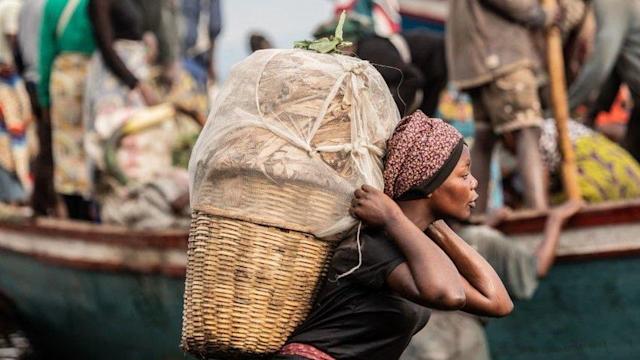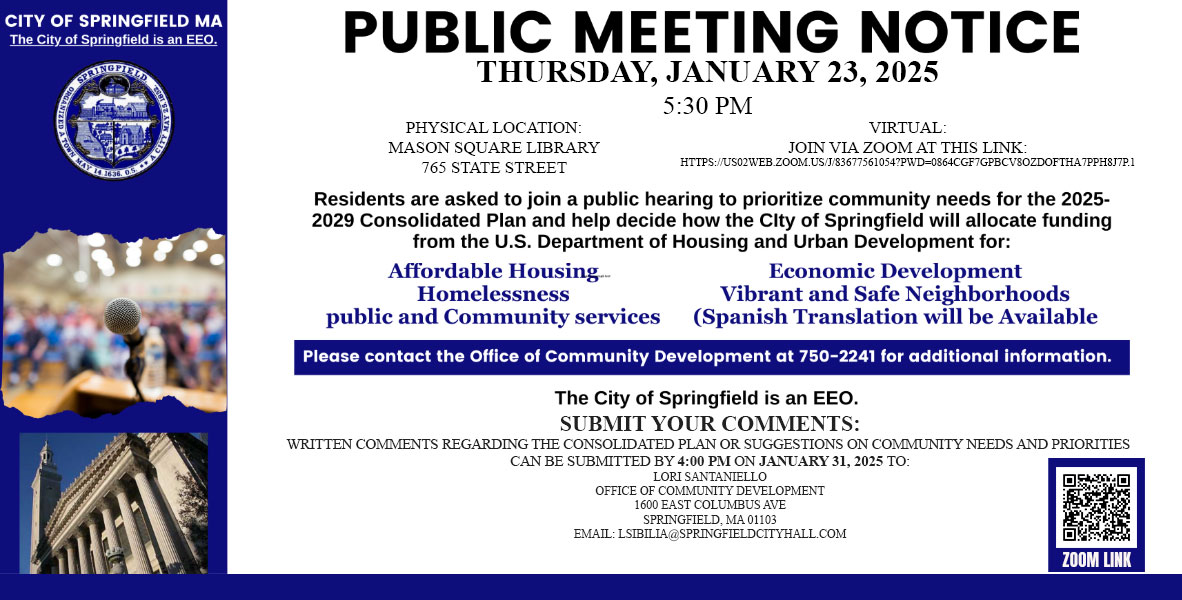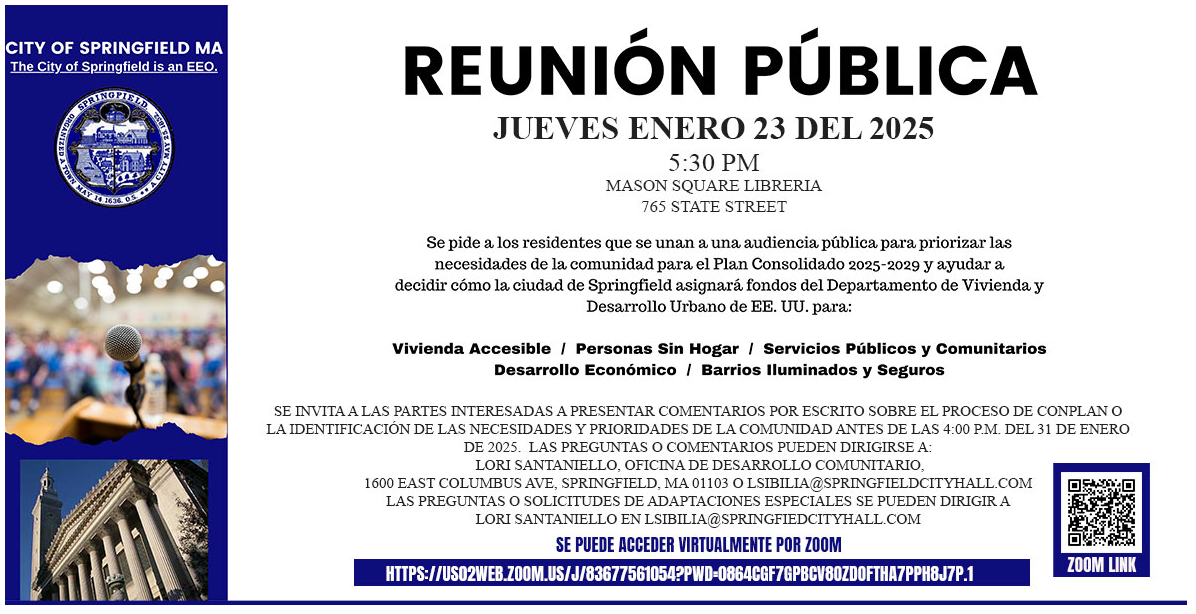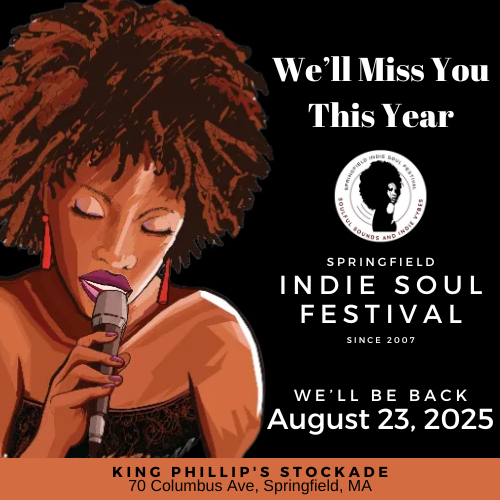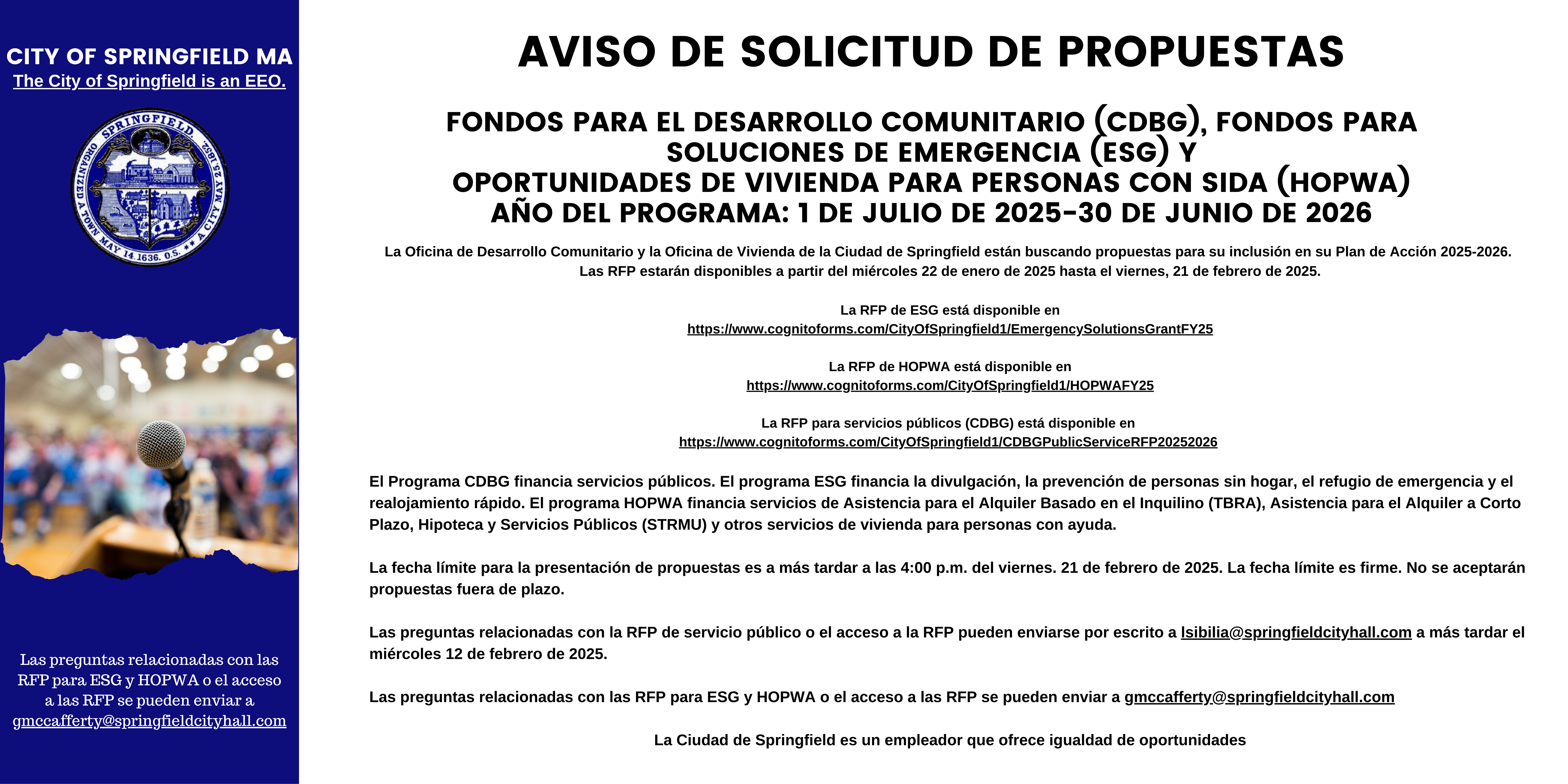The Democratic Republic of Congo has joined the East African Community (EAC) as its seventh member, massively expanding the territory of the trade bloc, giving it access to the Atlantic Ocean and greatly increasing the numbers of French speakers in what began as a club of former British colonies.
What changes immediately?
EAC heads of state have approved the admission of DR Congo into the bloc at a summit meeting on Tuesday, but although it officially has become a member, not much can change straight away.
Congolese lawmakers still have to ratify the EAC laws and regulations before they come into effect.
Congolese citizens wishing to visit the other member countries – Burundi, Kenya, Rwanda, South Sudan, Tanzania and Uganda – without a visa may need to wait a little longer because full integration into the EAC could take months or even a year.
For example, South Sudan took four months from acceding to the community treaty in April 2016 to becoming a full member of the EAC in August that year.
Why does DR Congo want to join the EAC?
DR Congo applied for membership in 2019, hoping to improve trade and political ties with its East African neighbours.
It will allow Congolese citizens to travel freely to the other countries and trade will become much quicker, simpler and cheaper, which should benefit businesses and consumers in all countries.
The country shares borders with all EAC members except Kenya, and hopes to attract more investors from the region.
Joining the bloc gives DR Congo better access to facilities such as the Indian Ocean ports of Dar es Salaam and Mombasa.
Import taxes for goods accepted as being made in DR Congo will be removed or greatly reduced when entering the other countries, while transporting goods will become much cheaper.
“We have been waiting for this announcement for a long time. We are very happy,” Ley Molo Ley, a Congolese trader based near the Ugandan border, told the BBC.
It is currently not straightforward for Congolese business people to travel to Uganda, he said: “For a Congolese to get travel documents to visit Uganda, they need to pay $45 (£35) at the DR Congo side of the border. Then when they reach the Ugandan side, they need to pay $50 for a visa. Then there are charges for a Covid-19 test, so in total you pay about $120.”
What about the other members?
Roman Waema, head of the Kenya Long Distance Truck Drivers and Allied Workers Union, is looking forward to the end of the interminable waiting he currently has to endure to get into DR Congo.
“Currently we face a lot of issues, such as queuing to get a visa for entry into DRC, waiting for days to get our goods cleared at the border thereby incurring huge parking, storage fees, among other costs before getting to our final destination,” he said.
The process of transporting goods across borders should become much simpler – currently authorities at the border points all operate different systems.
“There will be faster clearance of goods. Once the one-stop border post opens, customs officials from both Uganda and DRC will sit in the same building to clear goods and people,” says Guma Morris, who oversees the Uganda Revenue Authority office at the Mpondwe border.
The inclusion of DR Congo’s consumer market of close to 90 million people will expand the EAC market to almost 300 million, and open the bloc to the Congolese economy which is rich in all kinds of natural resources.
DR Congo has vast mineral wealth, including diamonds, gold, copper, cobalt as well as other resources
Dr Abel Kinyondo, an economist at the University of Dar es Salaam, believes that DR Congo’s inclusion will boost the bloc’s bargaining power globally.
“Numbers matter in international trade – the addition of DRC’s economy to the community implies increased purchasing power,” he said.
EAC Secretary General Peter Mathuki is very excited. “We are neighbours with the DRC, but we don’t trade much with it simply because there is no framework. Most of the goods coming into DRC are from outside East Africa like Zambia and Asia,” he told the BBC.
“Therefore, we are looking forward to putting in place a mechanism that’s going to ensure trade between ourselves and DRC improves.”
In theory, the East African countries could gain access to West Africa and the Atlantic Ocean through DR Congo, but the country’s road and rail networks would need to be massively upgraded first. The only way of getting across this vast country, which is two-thirds the size of western Europe, at the moment is by air.
This potential expansion of trade links from the Indian Ocean to the Atlantic would help expand the region’s economic potential at a time when the continent is working to implement the African Continental Free Trade Agreement (AfCFTA).
What difference will the African free trade area make?
What are the challenges?
It won’t be easy to integrate such a huge, chaotic country into the rest of the EAC.
The country’s poor infrastructure and insecurity have been a matter of concern to EAC partner states.
“If you look at the border posts that enter or border DRC, once you get to these borders, literally the infrastructure stops,” said Damali Ssali, a trade expert.
“Even the infrastructure that is supposed to catalyse trade at the border is not as good as when you compare to the other countries. Then once you get into DRC, the corridors leading into the major towns have to be worked on because the roads are very poor.”
Then there is insecurity.
DR Congo has faced decades of instability and recently witnessed a string of massacres
In December 2021, Ugandan troops crossed into DR Congo at the invitation of the Congolese government to help eliminate the Allied Democratic Forces (ADF), one of many armed groups wreaking havoc in the resource-rich east of the country.
“Insecurity restricts trade – however, more official trade between the EAC and DRC may actually reduce conflict in the eastern part of DRC as it would reduce smuggling as a result of greater cooperation in various areas including customs, trade, and security,” says Penina Simba, a trade consultant.
What language will the EAC use?
English and Swahili are currently the official languages of the East African Community, although there has been talk about introducing French, which is spoken in Rwanda and Burundi.
DR Congo’s official languages are Swahili, French, Lingala, Kituba (Kikongo) and Tshiluba. Experts say that the multilingual nature of the region should be looked at as an opportunity and not a barrier.
There has been a push to promote the widespread use of Swahili, especially after the African Union adopted it as an official working language in February 2022. However, some regions such as western DR Congo and parts of the other EAC states do not speak it.
“Going forward, we expect an EAC that is multilingual, which could even lead to more interaction between EAC citizens and the Francophone countries in Central Africa,” Mr Simba said.
